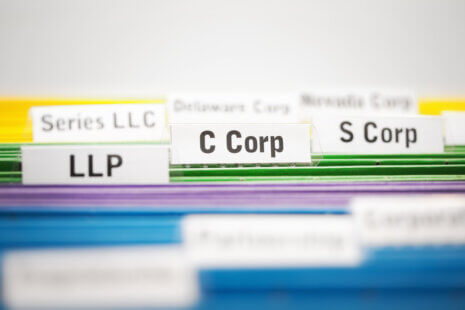Taxes for business owners can be complex and vary depending on the structure of the business (e.g., sole proprietorship, partnership, corporation), the location, and the type of business activities.
Here’s a general overview…
- Types of Business Taxes:
- Income Tax – Business owners typically pay income tax on the profits their business earns. The income tax rate may vary based on the business structure.
- Self-Employment Tax – If you’re self-employed, you’re responsible for paying both the employer and employee portions of Social Security and Medicare taxes, known as self-employment tax.
- Employment Taxes – If you have employees, you’re responsible for withholding and paying taxes on their behalf, including federal income tax, Social Security tax, and Medicare tax.
- Sales Tax – Businesses may be required to collect and remit sales tax on goods and services sold, depending on the state and local regulations.
- Property Tax – Business property, including real estate and tangible assets, may be subject to property taxes.
- Excise Tax – Certain goods and services, such as gasoline, alcohol, and tobacco, may be subject to excise taxes.
- Estimated Taxes – Business owners may need to make estimated tax payments throughout the year to cover their income and self-employment tax liabilities.
- Business Structure and Taxation:
- Sole Proprietorship – Income from the business is typically reported on the owner’s personal tax return (Form 1040) using Schedule C. The owner pays income tax and self-employment tax on the business profits.
- Partnership – Partnerships file an informational return (Form 1065), but the income and losses pass through to the individual partners, who report them on their personal tax returns. Each partner pays income tax and self-employment tax on their share of the partnership income.
- Corporation – Corporations are separate legal entities, and they file their own tax return (Form 1120). Shareholders pay taxes on any dividends received and may also be subject to taxes on capital gains. Corporate profits are taxed at the corporate level, and then shareholders may be taxed on dividends and capital gains when they receive distributions.
- Limited Liability Company (LLC) – Depending on how the LLC is structured, it may be taxed as a sole proprietorship, partnership, S corporation, or C corporation.
- Tax Deductions and Credits:
- Business owners may be eligible for various deductions and credits to reduce their taxable income, such as deductions for business expenses (e.g., rent, utilities, supplies, salaries), depreciation of assets, and credits for research and development or hiring certain employees.
- Record Keeping and Compliance:
- It’s crucial for business owners to maintain accurate records of income, expenses, and other financial transactions to comply with tax laws and regulations.
- Filing deadlines and requirements vary depending on the business structure and location, so it’s essential to stay informed and meet all tax obligations to avoid penalties and interest.
Given the complexity and potential legal implications, it’s advisable for business owners to consult with a tax professional or accountant to ensure compliance with tax laws and to optimize tax planning strategies for their specific circumstances.




